This Black History Month, read acclaimed African American authors from the physical and digital collections of the Emory Libraries. Winners of the Pulitzer Prize, the National Book Award, NAACP Image Awards, Caldecott Medal and more—these authors inspire and celebrate Black excellence.
Visit the second floor of the Woodruff Library to find our selection of physical books and use the Overdrive Libby app to access digital and audio works.
Don’t have access to the Emory Libraries? Members of the public can use this list to find these titles at your local library or favorite bookseller.
Children’s Books
Hair Love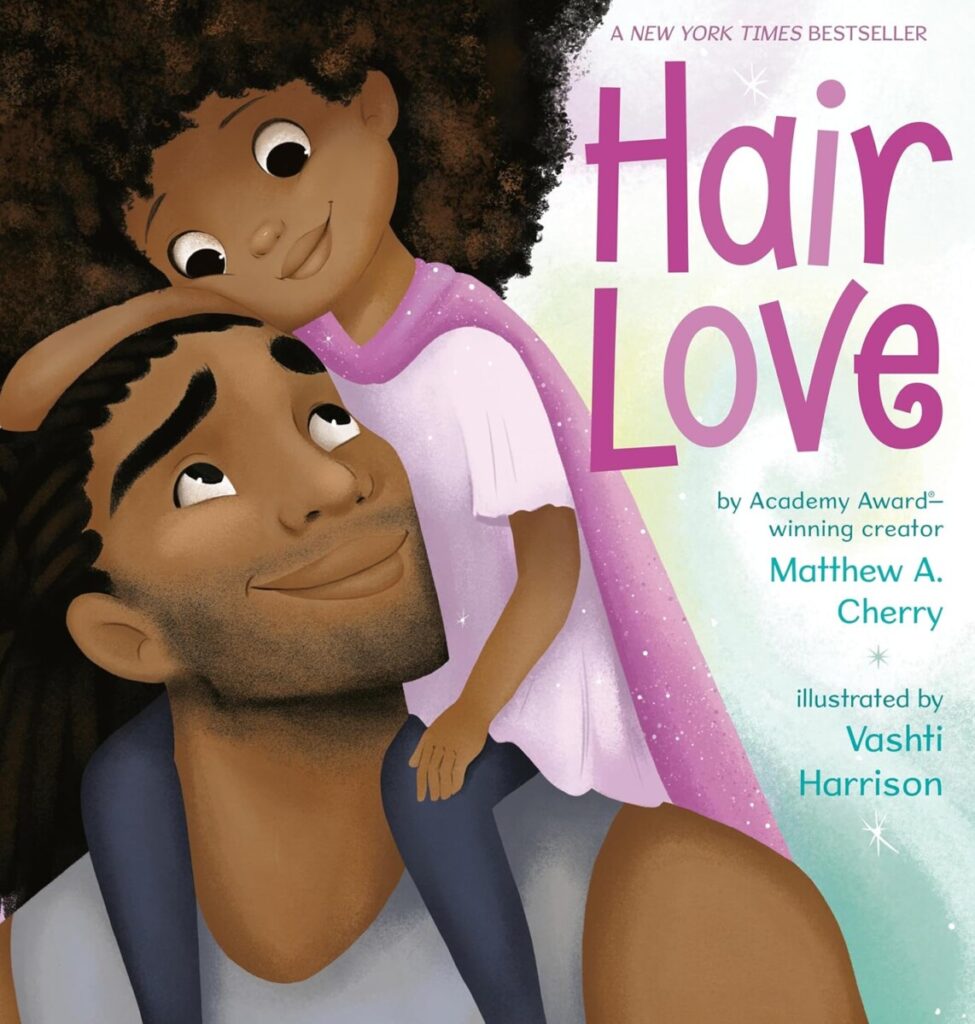 , by Matthew Cherry
, by Matthew Cherry
“A little girl’s daddy steps in to help her arrange her curly, coiling, wild hair into styles that allow her to be her natural, beautiful self.”
Check out the Academy Award winning short film based on the book!
Victory Stand, by Tommie Smith
“A groundbreaking and timely graphic memoir from one of the most iconic figures in American sports—and a tribute to his fight for civil rights.”
Young Adult Novels
The Poet X, by Elizabeth Acevedo
“Xiomara Batista feels unheard and unable to hide in her Harlem neighborhood. Ever since her body grew into curves, Xiomara Batista has learned to let her fists and her fierceness do the talking. She pours all her frustration and passion onto the pages of a leather notebook, reciting the words to herself like prayers—especially after she catches feelings for a boy in her bio class named Aman, who her family can never know about. Mami is determined to force her daughter to obey the laws of the church, and Xiomara understands that her thoughts are best kept to herself. When she is invited to join her school’s slam poetry club, she can’t stop thinking about performing her poems.”
The Unboxing of a Black Girl, by Angela Shanté
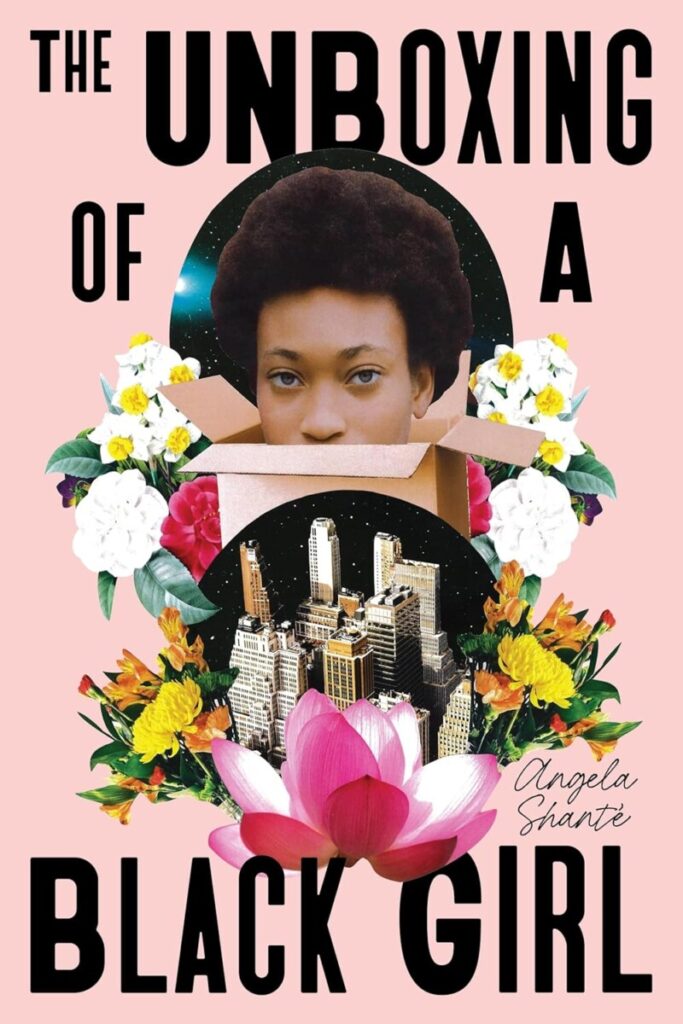
“Written as a collection of vignettes and poetry, The Unboxing of a Black Girl is a creative nonfiction reflection on Black girlhood. The debut YA title, by award-winning author Angela Shanté, is a love letter to Black girls set in New York City and serves as a personal and political critique of how the world raises Black girls.”
Poetry
The Age of Phillis, by Honorée Fanonne Jeffers
“In 1773, a young, African American woman named Phillis Wheatley Peters published a book of poetry that challenged Western prejudices about African and female intellectual capabilities. Based on fifteen years of archival research, ‘The Age of Phillis,’ by award-winning writer Honorée Fanonne Jeffers, imagines the life and times of Wheatley: her childhood in the Gambia, West Africa, her life with her white American owners, her friendship with Obour Tanner, and her marriage to the enigmatic John Peters.”
The Tradition, by Jericho Brown
“The Tradition details the normalization of evil and its history at the intersection of the past and the personal. Brown’s poetic concerns are both broad and intimate, and at their very core a distillation of the incredibly human: What is safety? Who is this nation? Where does freedom truly lie?” (Written by Emory faculty member Jericho Brown.)
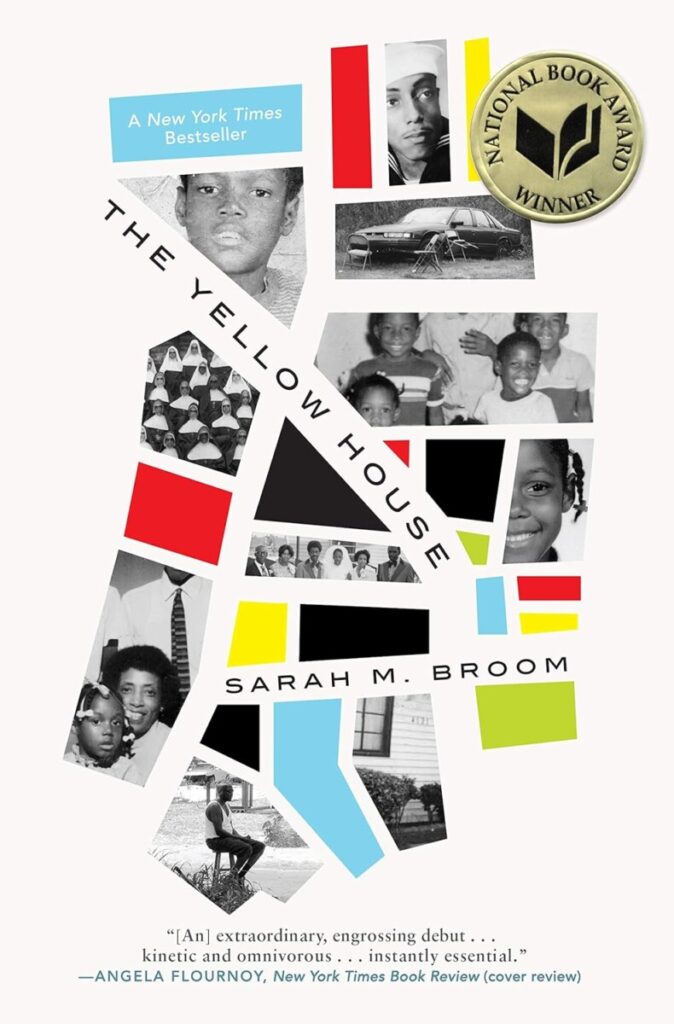 Memoir
Memoir
The Yellow House, by Sarah M. Brown
“Sarah M. Broom’s [memoir] ‘The Yellow House’ tells a hundred years of her family and their relationship to home in a neglected area of one of America’s most mythologized cities. This is the story of a mother’s struggle against a house’s entropy, and that of a prodigal daughter who left home only to reckon with the pull that home exerts, even after the Yellow House was wiped off the map after Hurricane Katrina.”
South to America: A Journey Below the Mason-Dixon to Understand the Soul of a Nation, by Imani Perry
“An essential, surprising journey through the history, rituals, and landscapes of the American South—and a revelatory argument for why you must understand the South in order to understand America.”
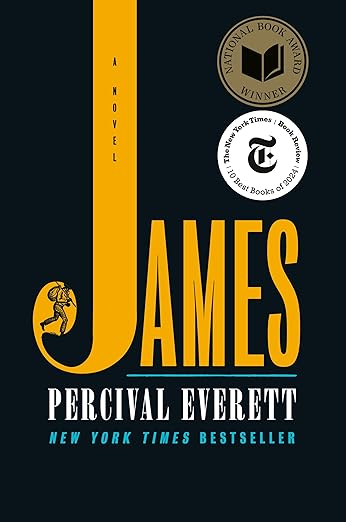 Novels
Novels
James: A Novel, by Percivil Everett
“A retelling of ‘The Adventures of Huckleberry Finn,’ both harrowing and ferociously funny, told from the enslaved Jim’s point of view.”
The Heaven and Earth Grocery Store, by James McBride
“In 1972, when workers in Pottstown, Pennsylvania, were digging the foundations for a new development, the last thing they expected to find was a skeleton at the bottom of a well. Who the skeleton was and how it got there were two of the long-held secrets kept by the residents of Chicken Hill, the dilapidated neighborhood where immigrant Jews and African Americans lived side by side and shared ambitions and sorrows. Chicken Hill was where Moshe and Chona Ludlow lived when Moshe integrated his theater and where Chona ran the Heaven & Earth Grocery Store.”
Let Us Descend, by Jesmyn Ward
“A reimagining of American slavery, as beautifully rendered as it is heart-wrenching. Searching, harrowing, replete with transcendent love, the novel is a journey from the rice fields of the Carolinas to the slave markets of New Orleans and into the fearsome heart of a Louisiana sugar plantation.”
A Symphony of Stories, Brendan Slocumb
“A gripping page-turner about a professor who uncovers a shocking secret about the most famous American composer of all time—that his music was stolen from a young Black composer named Josephine Reed.”
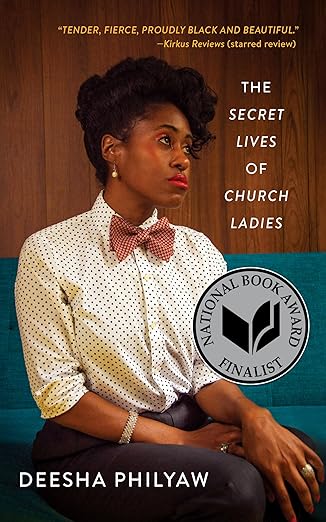 Short Stories
Short Stories
On Girlhood: 15 Stories from the Well-Read Black Girl Library, by Glory Edim
“A vital anthology celebrating stories from such luminaries as Toni Morrison and Alice Walker.”
The Secret Lives of Church Ladies, by Deesha Philyaw
“The Secret Lives of Church Ladies explores the raw and tender places where black women and girls dare to follow their desires and pursue a momentary reprieve from being good. The nine stories in this collection feature four generations of characters grappling with who they want to be in the world, caught as they are between the church’s double standards and their own needs and passions.”
Nonfiction
Never Caught, by Erica Dunbar
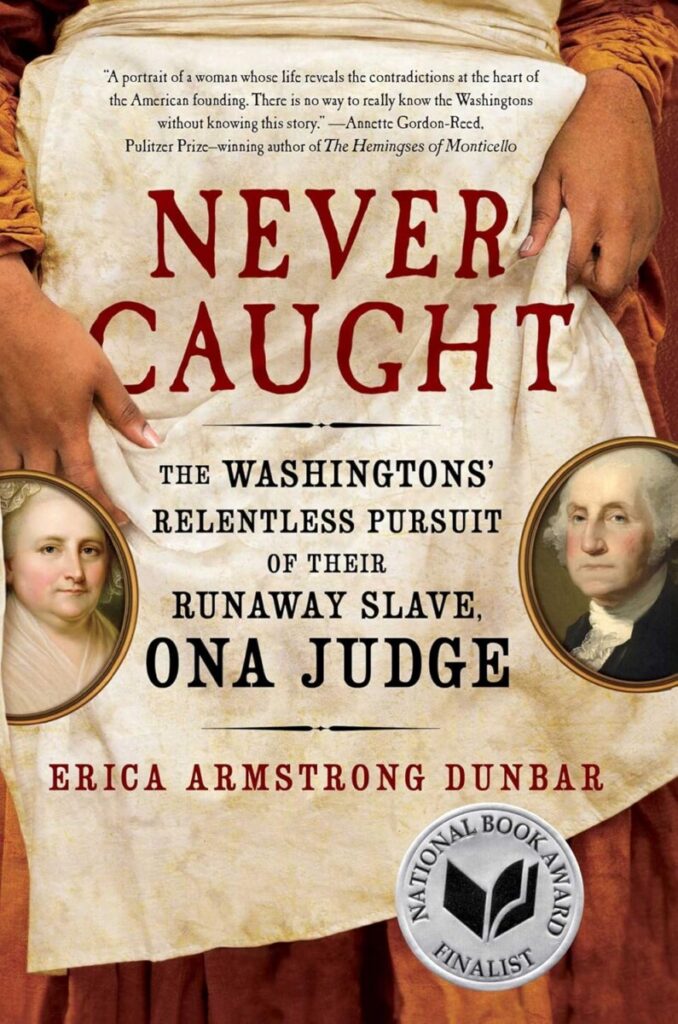
When George and Martha Washington moved from Mount Vernon in Virginia to Philadelphia, then the seat of the nation’s capital, they took nine enslaved people with them. There was a Pennsylvania law requiring slaveholders to free their slaves after six months of residency in the state. Washington sought to circumvent the law by sending his slaves south every six months, thereby resetting the clock. Among the slaves to figure out this subterfuge was Ona “Oney” Judge, Martha Washington’s chief attendant. Ona Judge risked everything she knew, and left behind everyone she had known her entire life, and fled north. This is the story of Ona Judge’s quest for freedom and of George Washington’s determination to recapture her.
Written by Emory faculty member Erica Armstrong Dunbar. See the Young Readers’ Edition also!
Race for Profit, by Keeanga-Yamahtta Taylor
“A chronicle of the twilight of redlining and the introduction of conventional real estate practices into the Black urban market, uncovering a transition from racist exclusion to predatory inclusion.”
Happy Black History Month!
—by Erica Bruchko, US history and African American Studies librarian
